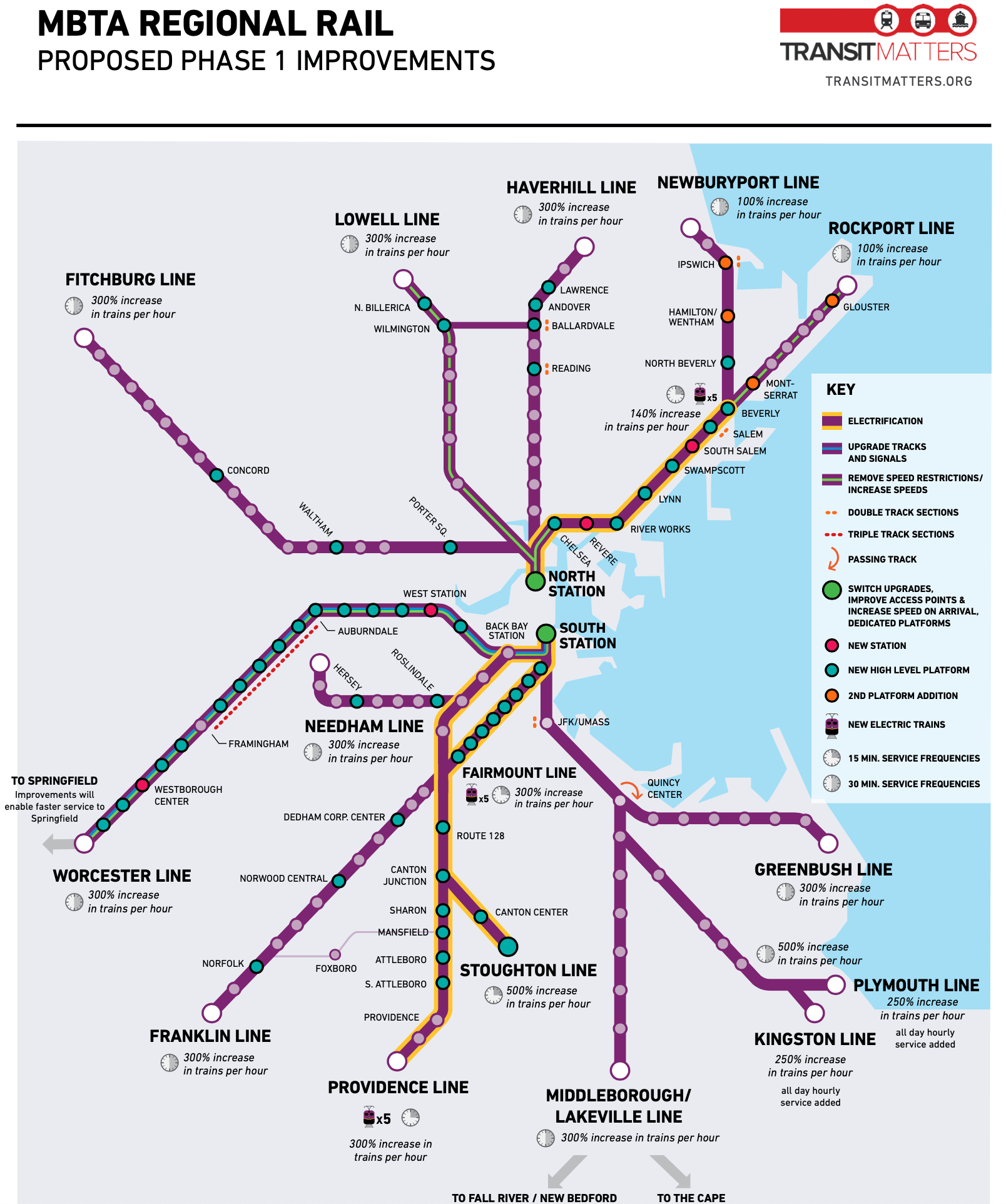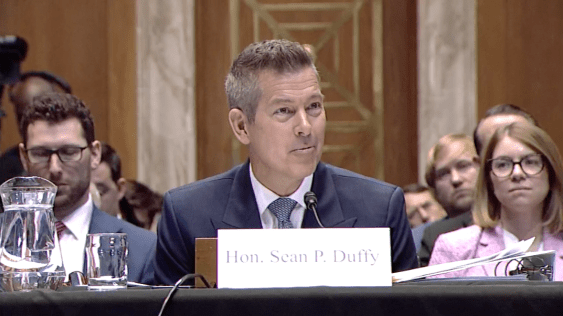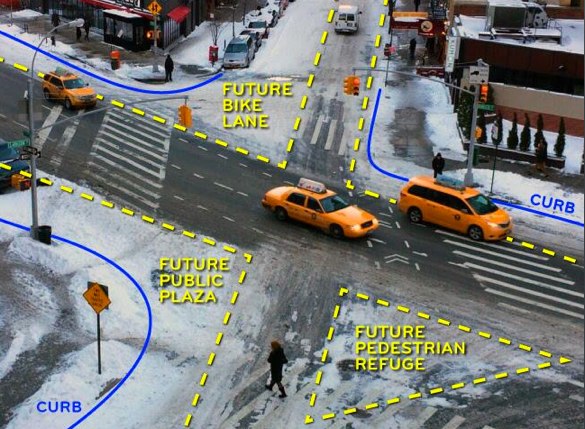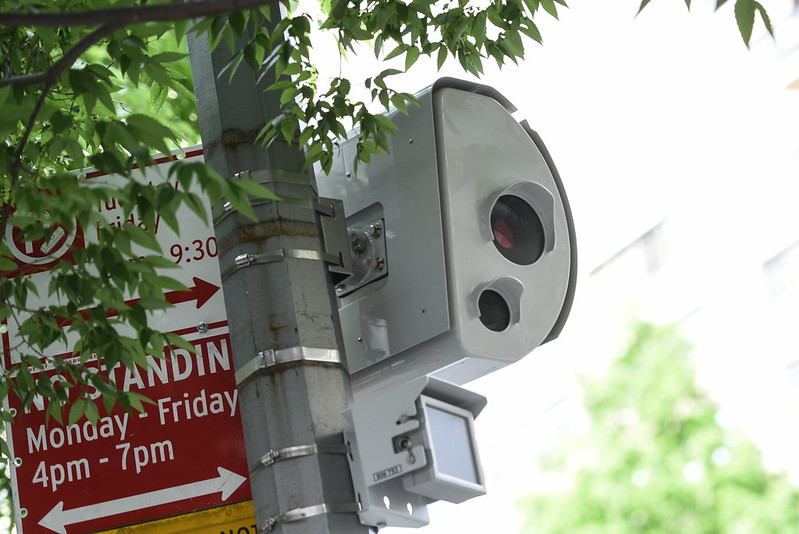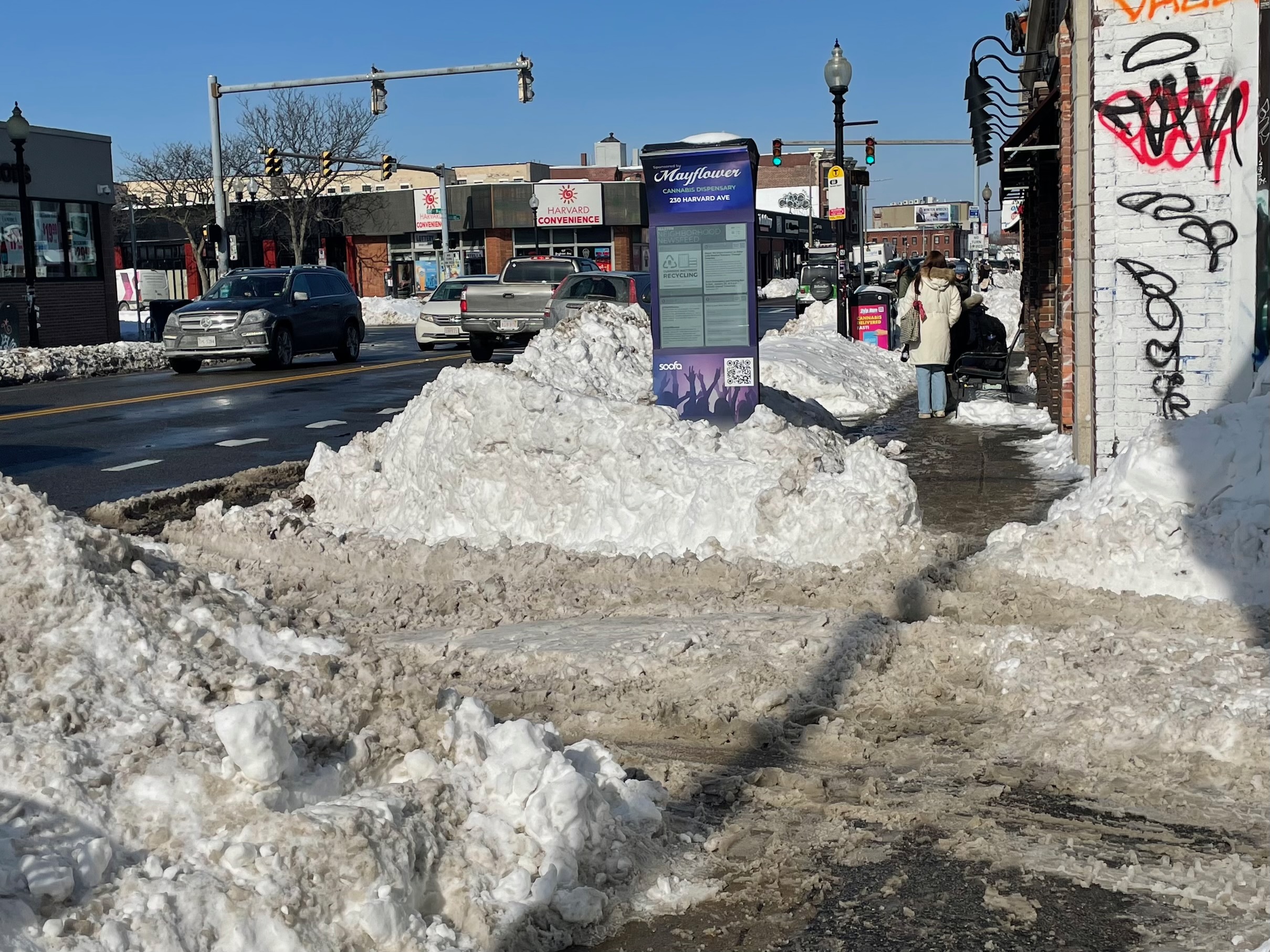Advocates from TransitMatters have released a detailed, $2.6 billion strategy for upgrading key commuter rail lines to attain 15-minute, all-day service to Beverly, Providence, and along Boston's Fairmount Line.
Last November, the MBTA's Fiscal and Management Control Board (FMCB) endorsed an aspirational vision to electrify the MBTA commuter rail network to provide all-day, rapid-transit-style service throughout eastern Massachusetts, with a prioritized "phase one" focused on upgrading Boston’s Fairmount Line, the Boston-Providence line, and the Rockport line through Chelsea, Revere and Lynn.
Today's TransitMatters report focuses on those three "phase one" lines, but also recommends additional work on other lines to allow trains to run every 30 minutes across most other lines on the commuter rail network.
"(This report) is building upon the resolutions that the FMCB voted on last November. Once we had that incredible victory, we asked ourselves, 'What does this mean, and how do you start such a huge project?' So we set about drilling down to think about the top projects to prioritize," explained TransitMatters Chief Operating Officer Jarred Johnson in an online press event for the report Monday morning.
A key requirement for running more trains is electrification: adding overhead wires and procuring new trains that run on electric power to replace the diesel-burning engines that the commuter rail network currently uses. Electric trains can accelerate faster between stations, have fewer maintenance issues, and generate much less air pollution.
Luckily, the Providence Line, as part of Amtrak's Northeast Corridor line, is already electrified, and the MBTA is already investigating its options to buy electric trains for that route. TransitMatters estimates that 15-minute service could be attained on the Fairmount and Providence lines by 2024 for a little over $1 billion – roughly half of which would be for buying new electric trains that will ultimately have lower annual operating costs.
Related:
Lynn Will Get Subway Fares From Its Commuter Rail Station This Summer
By 2026, another slate of upgrades worth $1.2 billion would allow trains to run every 15 minutes to Beverly, and every 30 minutes along most other commuter rail lines. Roughly half of that investment – $508 million – would pay for level-boarding platforms to decrease dwell times at stations and improve access for riders with wheelchairs, strollers, or luggage.
Adding in associated project management and contingency costs, TransitMatters estimates that the total cost for these projects would amount to $2.6 billion. By way of comparison, the MBTA has budgeted $2.8 billion for capital work to replace tracks, upgrade signals and stations, and procure new trains for the Red and Orange subway lines.
Beverly Mayor Michael Cahill, a regional rail advocate who joined Monday's online press event, said that local employers in Beverly are eager for better transit connections so that they could hire from the highly-educated labor force living in Boston, Cambridge, and Somerville.
"We've also been focusing on transit-oriented development really aggressively," said Mayor Cahill. "We've already built about 800 new homes around our main station, Beverly Depot."
Johnson said that the value of new transit-oriented development opportunities in gateway cities like Lynn and Beverly could help pay back the Commonwealth's rail infrastructure investments with new jobs and more affordable housing – but only if state legislators approve new transportation funding legislation.
"Some of the high-level platform projects we describe are already in line for funding, but most of this agenda would need new money (from the Legislature)," said Johnson. "Transportation really is an investment, and both through operational savings and increased ticket sales, plus more money from development near stations, the T will see money back from these projects."
The full report is available to download at TransitMatters.info.
